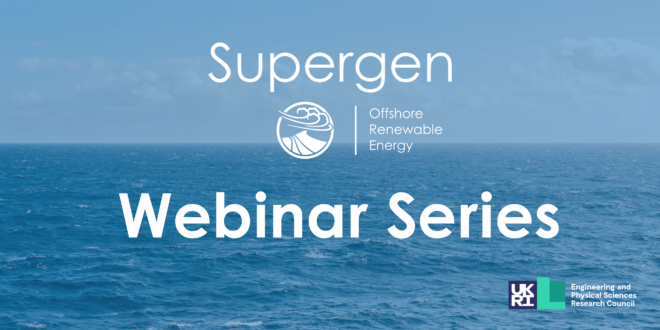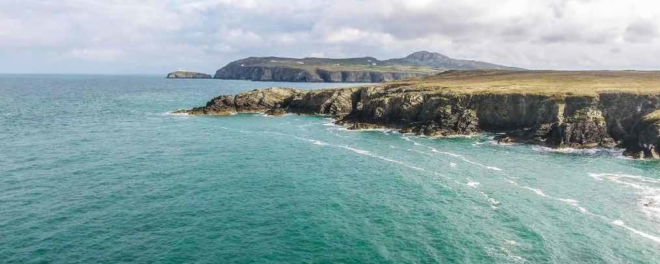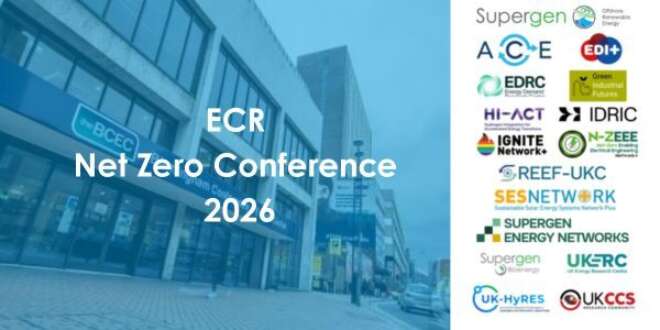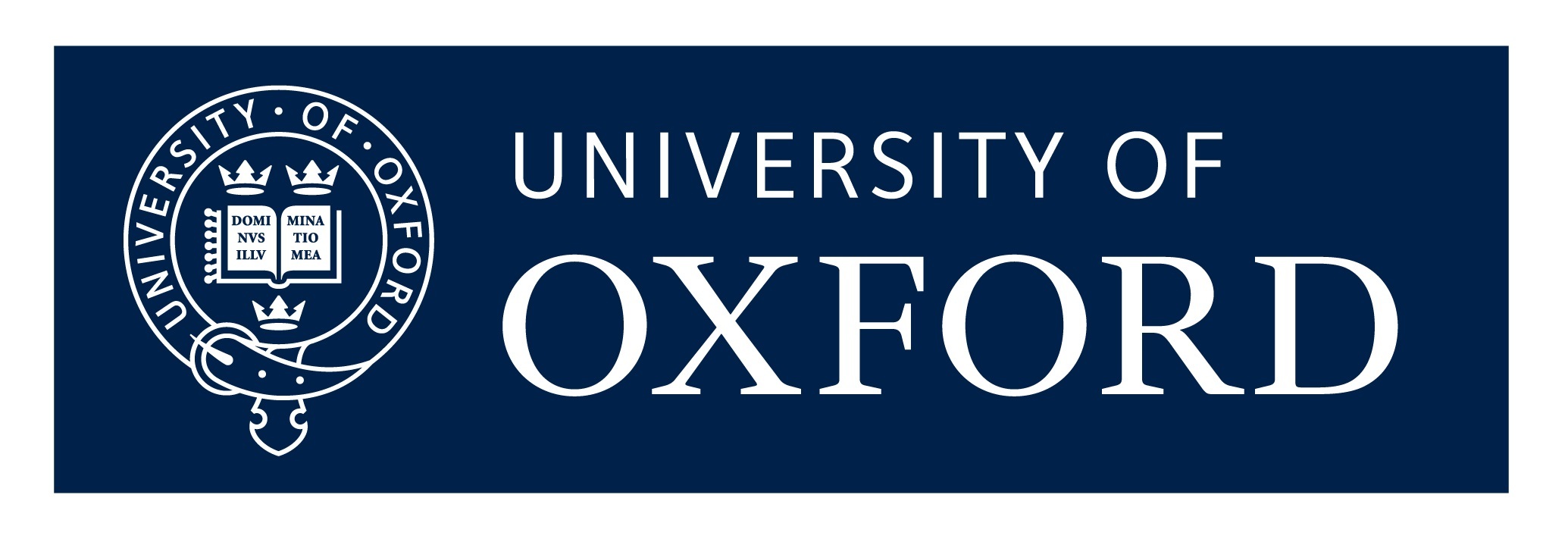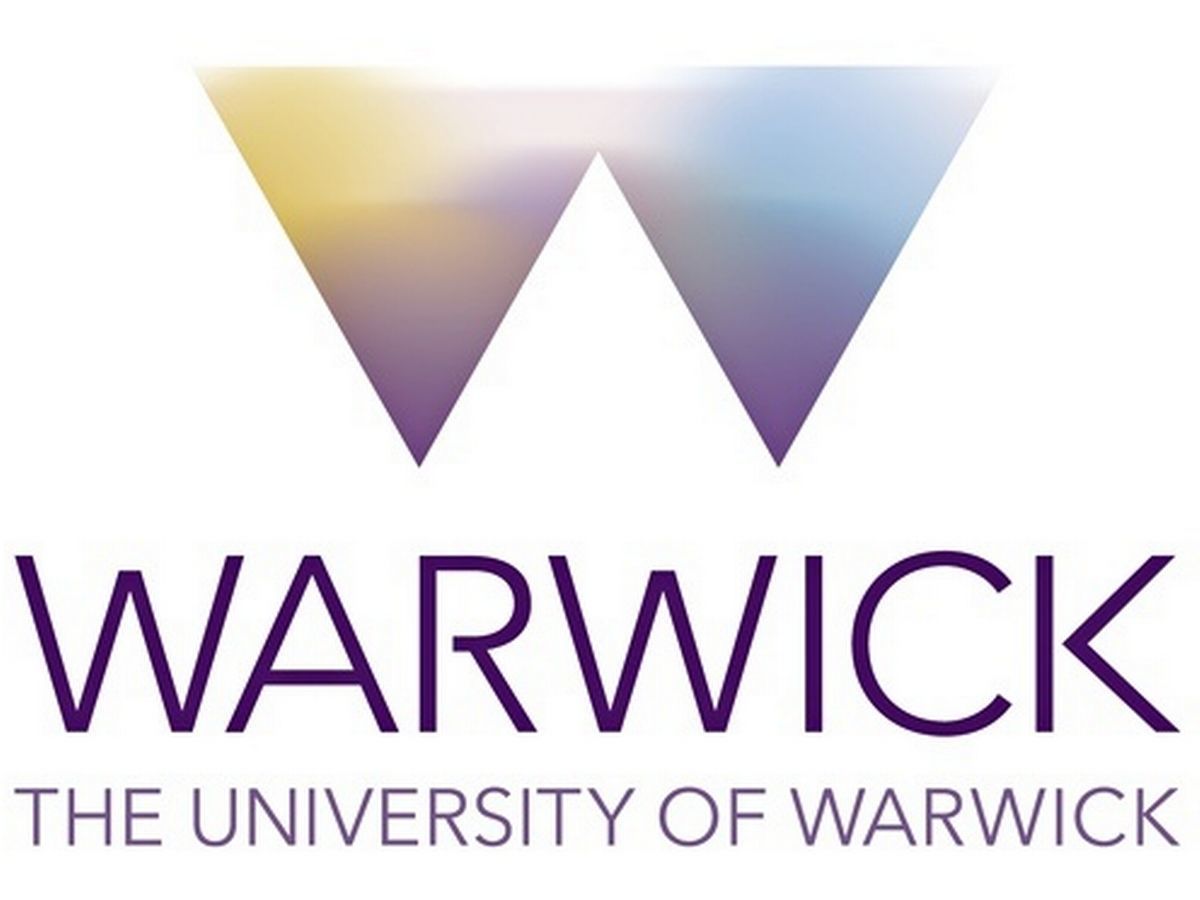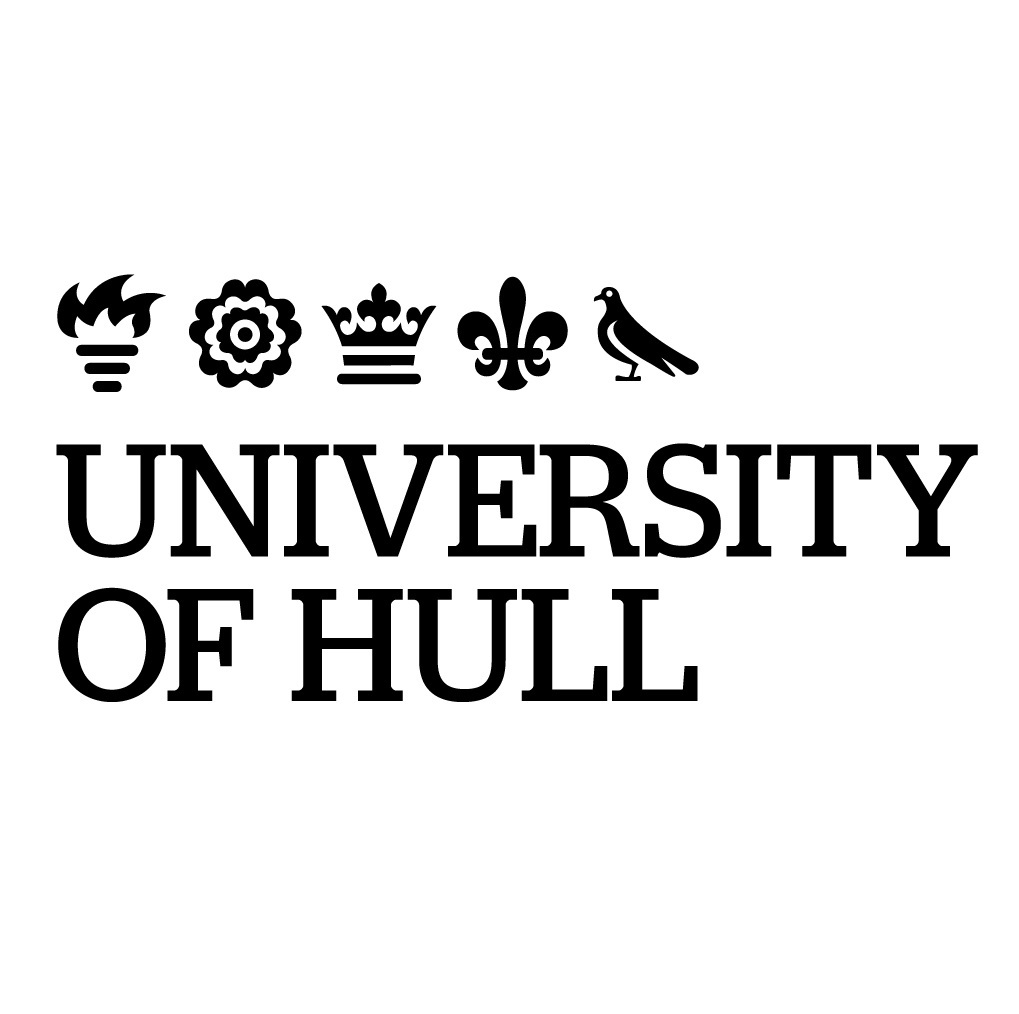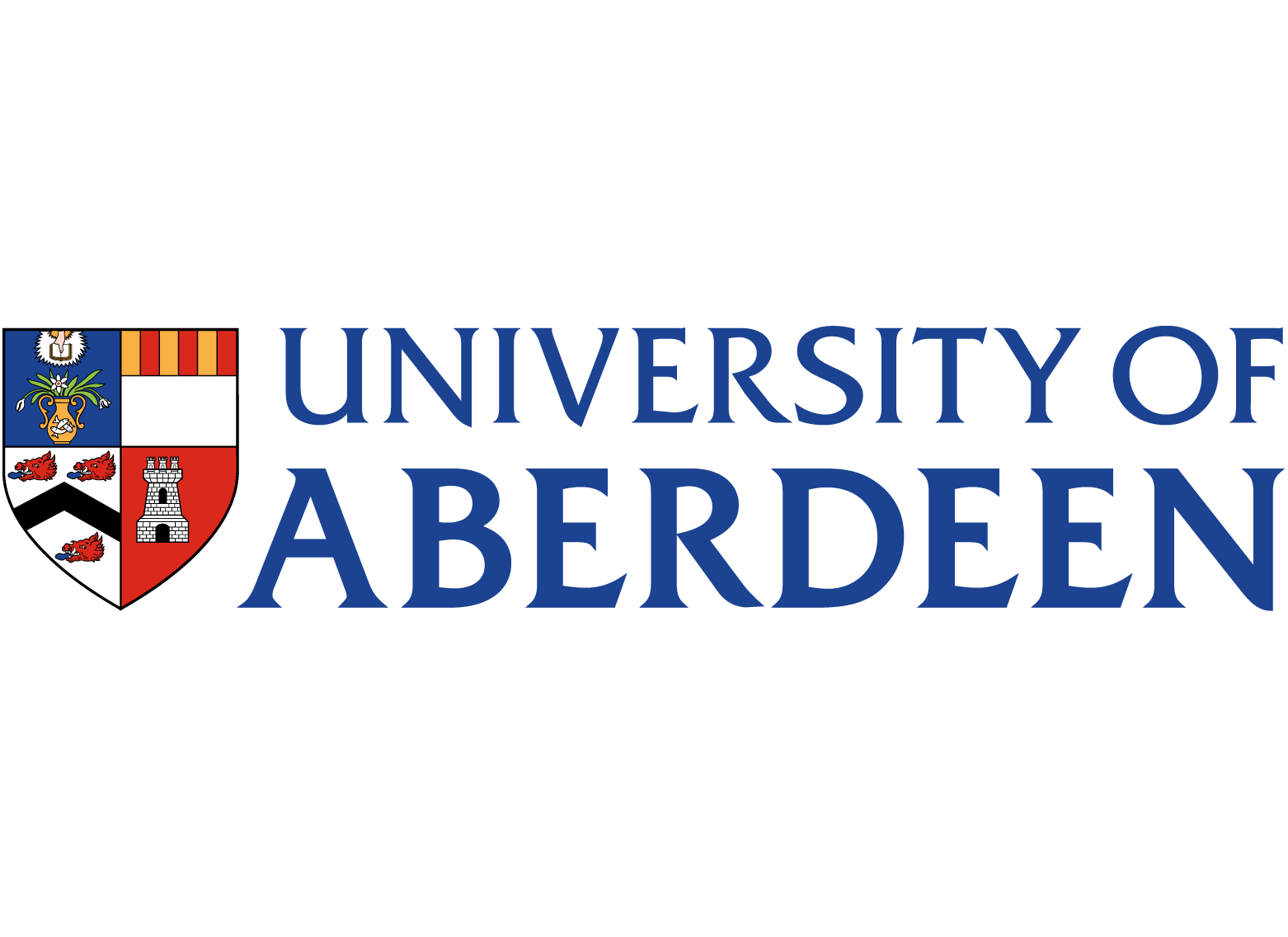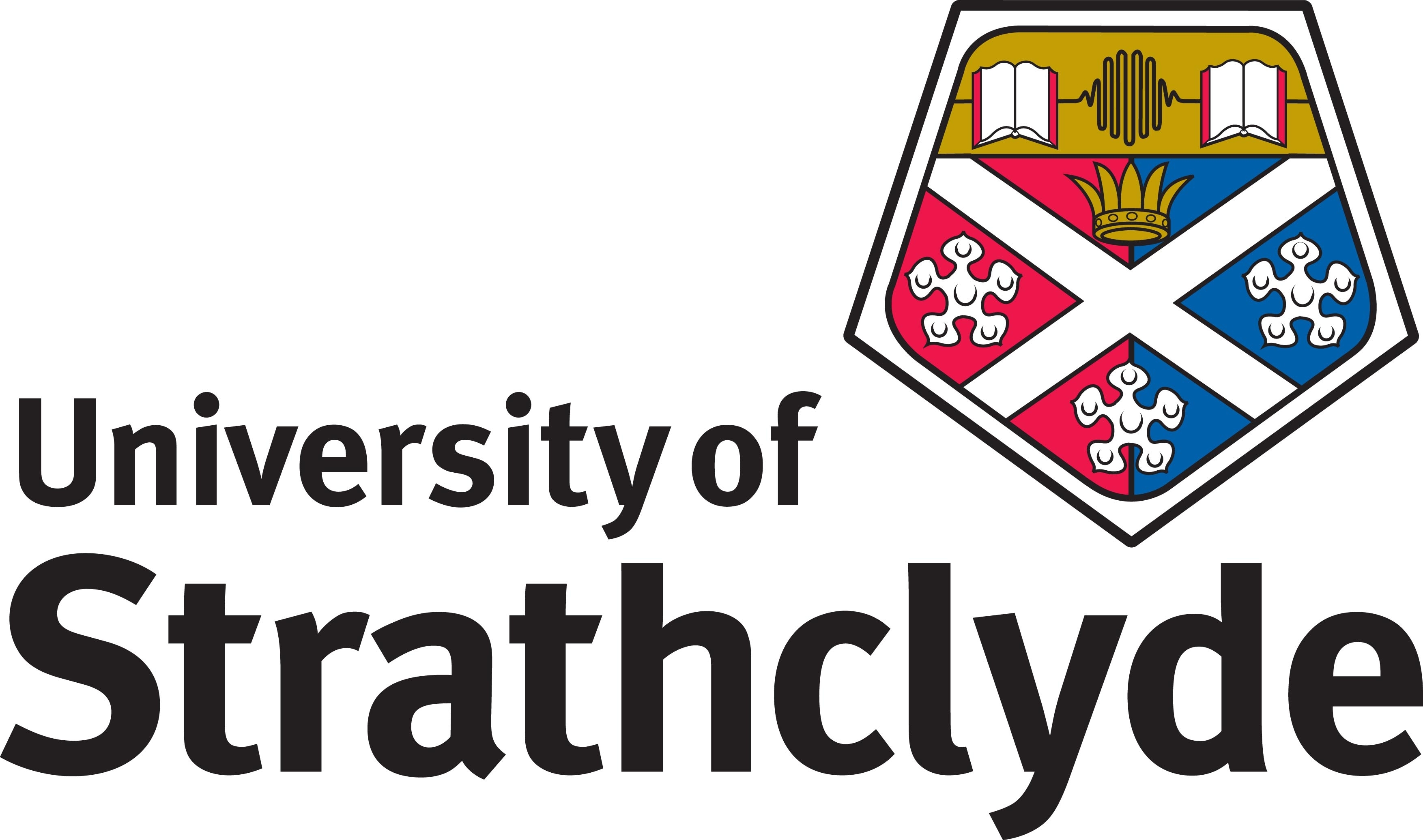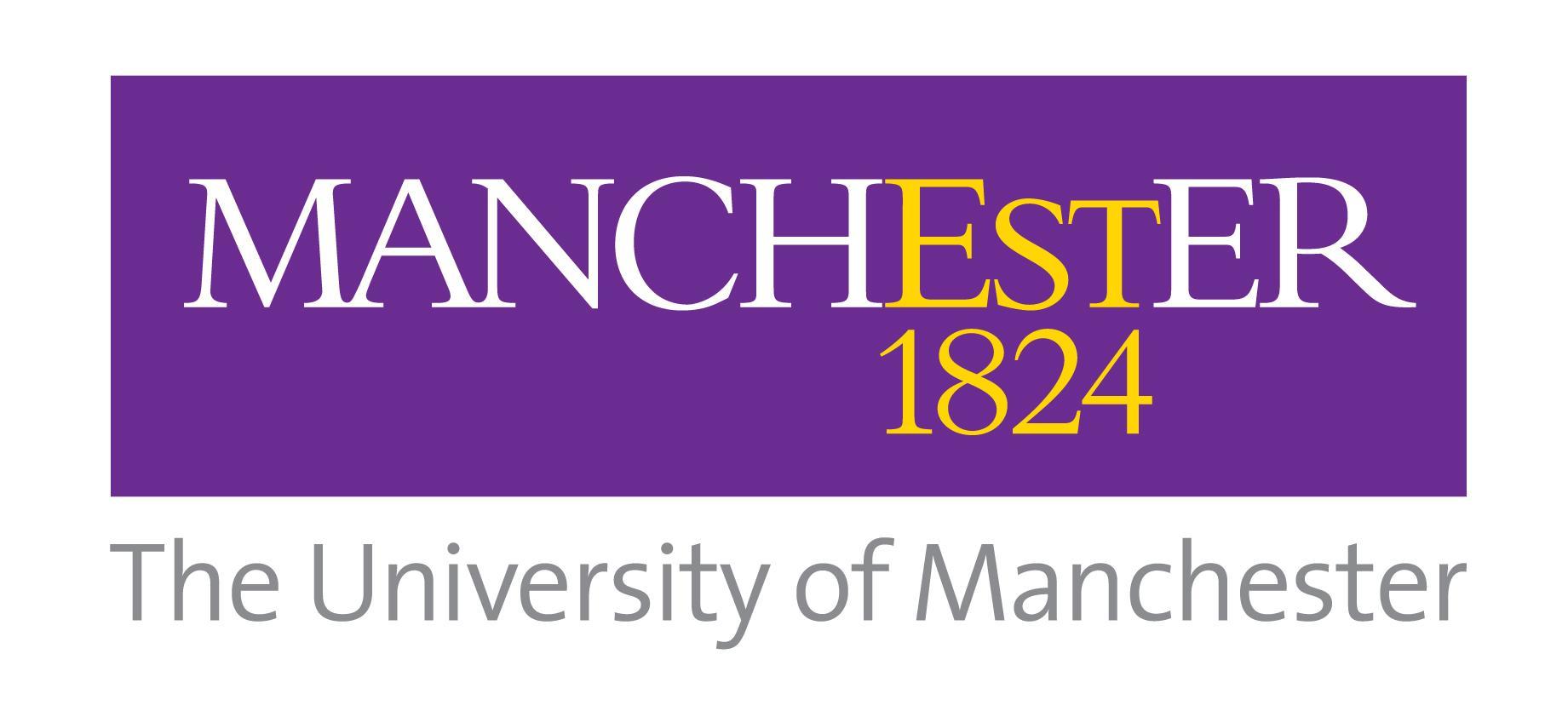
New report from academia and industry calls for greater collaboration between schools, universities, business and government to improve equality, diversity and inclusion in the engineering sector.
The Supergen Offshore Renewable Energy (ORE) Hub has joined with Aura, an initiative from the University of Hull, to produce a scoping study which determines the current state of equality, diversity and inclusion (EDI) in engineering, with a focus on the offshore renewable energy industry and academia.
The report, launched today, 29 October 2020, at RenewableUK’s Global Offshore Wind 2020 conference, outlines an action plan which focusses on short, medium and longer-term initiatives to help improve EDI in the engineering sector, considering each stage of education and career development.
Some of the key findings from the report include:
- 51% of the population of primary school STEM education is female, however, significant numbers are lost at each stage of education and career progression meaning that only around 5% of senior engineering roles are held by women.
- Only 7.8% of professional engineers are from Black Asian and Minority Ethnic (BAME) backgrounds.
- There are many groups working towards the goal of improving EDI in engineering but there is a lack of collaboration. Groups and organisations need to cooperate better to work towards overall common objectives.
- There is generally a focus on ‘diversity’ and a lack of attention given to ‘equality’ and ‘inclusion’. Examination of cultural factors is needed to improve these two areas in organisations.
- A focus on intersectionality is important and a ‘one size fits all’ approach will not work in the long term.
“EDI sits at the very centre of the Supergen ORE Hub with a work stream dedicated to ensuring that EDI becomes the foundation to the way we work in renewable energy. I am delighted the Supergen ORE Hub has been able to fund this report, and work with Aura to work towards real long-term change in diversity, participation, and culture in the renewable energy sector.”
“Increasing Equality, Diversity and Inclusion can bring significant benefits to those organisations who embrace it but there are challenges in understanding how to bring about sustainable change. Long term change needs organisations, from schools and colleges to universities and industry to work together for a common purpose. This report identifies short, medium and long term actions to help bring about positive change through working together."
“We are delighted to have facilitated this report, working closely with the Supergen ORE Hub and the industry. The study sets out a practical set of initiatives for academia and industry to really make a positive change and ensure more women and BAME engineers and scientists play key roles in this sector. Our role in the Humber Cluster is to act as a catalyst for collaboration and innovation in the renewable energy sector and particularly to deliver the commitments set out in the Offshore Wind Sector Deal. We are a new industry and have the opportunity to really do things differently. I hope we can work together to really change things and meet the challenge ahead.”
This scoping report was researched and written by Stefi McMaster, a PhD student in Psychology and part of the Centre for Human Factors at the University of Hull. The report has been funded by the Supergen ORE Hub and led by Aura at the University of Hull, with support from UK Research and Innovation (UKRI) and the Engineering and Physical Sciences Research Council (EPSRC).
Contact
For more information about this news release, contact Supergen ORE Hub Communications and Engagement Officer, Kirsty Henderson on 01752 587881 or email kirsty.henderson@plymouth.ac.uk
Notes to Editors
About the Supergen ORE Hub
The Hub is a £9 Million Engineering and Physical Sciences Research Council (EPSRC) funded project. Led by Prof. Deborah Greaves OBE, Head of the School of Engineering, Computing and Mathematics at the University of Plymouth, the Hub is a consortium of Universities researching Offshore Renewable Energy which also includes the University of Aberdeen, University of Edinburgh, University of Exeter, University of Hull, University of Manchester, University of Oxford, University of Southampton, University of Strathclyde and University of Warwick.
The Supergen ORE Hub is one of several Hubs created by EPSRC to deliver sustained and coordinated research on Sustainable PowER GENeration and supply.
The Supergen ORE Hub brings together and builds on the work of the former Wind and Marine Supergen Hubs following consultation with the research community. The new hub looks for synergies between wind, wave and tidal technologies as well as building on current research in each area.
About Aura
Aura is a collaborative initiative for the offshore wind industry and low carbon energy sectors. It is a key delivery partner in the government’s Offshore Wind Sector Deal and works to drive innovation in research and development in the Humber region, nationally and internationally in relation to talent pipeline and wider industry engagement and enterprise.
About the University of Hull
The University of Hull is committed to promoting equality of opportunity for all, giving every individual the chance to achieve their potential, free from prejudice or discrimination. Through its Aura initiative, the University has been pleased to join with the Supergen ORE Hub to further knowledge and promote real action to make progress in bringing EDI into all aspects of STEM subjects and academia. This scoping report was researched and written by Stefi McMaster, a PhD student in Psychology and part of the Centre for Human Factors at the University of Hull.
